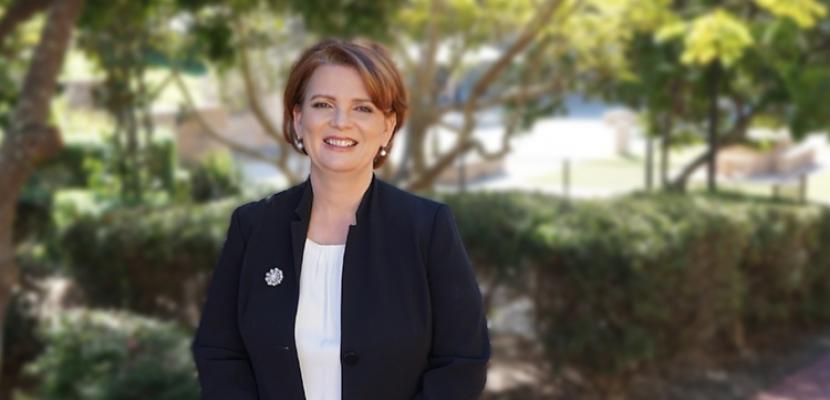
Dr Simone Kelly is an Associate Professor of finance at the Bond Business School.
Hiring an expert to help manage your money might seem like the fastest and easiest way to delegate a task many of us find a chore, but financial health is like your physical health – you can’t abdicate responsibility to someone else.
When you engage a personal trainer, you still have to do the exercise they prescribe if you want to see results. It’s the same with your finances.
An individual’s financial health is about much more than the numbers in a spreadsheet. One of the key components is how talking about and thinking about money makes them feel.
No matter how extensive your knowledge of money markets and financial systems, balancing a household budget still takes consistent effort and a little bit of hard work.
Just like everyone, I have days when I simply can’t bear to open my laptop and look at the dreaded datasets that track how much I’m spending and where it goes. But I know that staying on top of my finances makes me feel empowered and in control, and that’s where my motivation comes from.
One of the most important things I’ve learned about finances is that everyone has a different mindset when it comes to money.
That mindset can be framed by a variety of different places and experience depending on whether, for example, your family discussed finance around the dinner table, or if money was a taboo topic. Was money seen as a status symbol, or a burden to be endured? These can all have an impact on your relationship with money.
Understanding your individual money mindset is the key to mastering your financial health, especially when it feels like a chore. In that spirit I’ve gathered my top five tips to help improve your financial health.
1. Know yourself:
When you start to consider your money personality, take a look around you. Do the people around you like your best friends or your partner have a similar attitude to finance? Are your siblings similar or different to you in the way they manage money?
Think about how you use your money - whether it’s as a punishment or a reward. It can also help to understand your triggers by considering how life events might cause you to spend, or not.
2. Find the time
When it comes to financial health, time is the most effective investment you can make.
There are no immediate solutions – this is hard work. But consistency really is the key.
In an average week, consider whether you can dedicate as little as five per cent of your time to your financial health, by going through your finances, putting it in a spreadsheet and looking at what you’re spending
Once your confidence increases and you can streamline your process, you might be able to reduce the time spent even further.
3. Check your privilege
The people best organised with money are those who have the least – they have to make it stretch so they know where it all goes.
Not having to track every cent you spend is a privilege, and it’s one that can cause people to fall into an awareness trap, which leads to overspending and poor financial health.
If you’re in this boat (and many of us are) hold yourself accountable and examine the damage so you can take steps to change.
4. Talk about it
Money is still one of the three great taboos, even though when it comes to religion and sex, we seem to have reached a place where we can have these conversations. It’s time to put money back on the table as a topic of conversation.
We have awareness campaigns for everything – healthy diets, exercise, even sun protection. There’s no reason we can’t raise awareness about the value of financial fitness too.
We’ve helped reduce the stigma associated with mental illness by raising awareness and understanding. Let’s do the same with money.
5. Start small, start now
If you want to invest, the best way to get started is to learn as you go, without taking any big risks.
Accept that you’re probably going to get it wrong, so make sure you start small and choose something you have an interest in – Bitcoin or ETFs, for example - so that doing your homework isn’t a chore.
Have a play around with it and accept the losses. It gives you more insight and helps you ask more informed questions so you can get it right in future.

